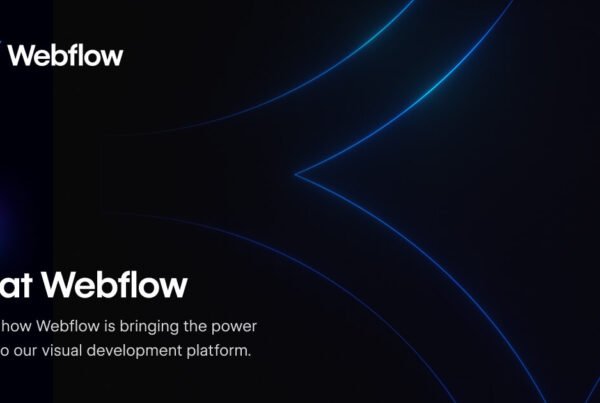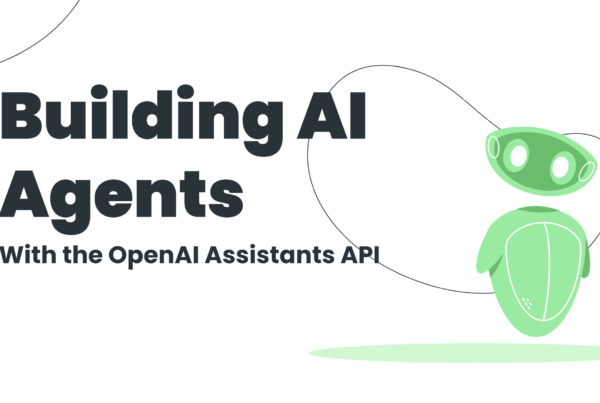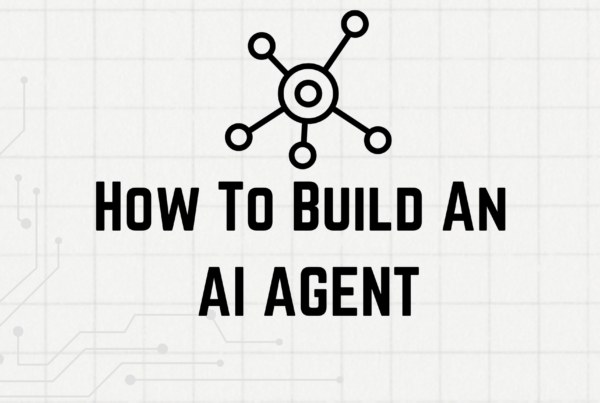
As AI-powered search engines like ChatGPT, Claude, and Perplexity become the go-to tools for millions of users, the rules of digital visibility are changing fast. Gone are the days when traditional SEO alone could guarantee your brand’s online presence. Today, businesses must adapt to the evolving landscape of Generative Search Optimization (GSO) and Answer Engine Optimization (AEO) to stay ahead of the curve.
Here’s how you can ensure your company stands out in the age of AI search.
Why AI Search Engines Matter for Your Brand
AI-driven platforms are quickly gaining traction, with tools like Perplexity answering hundreds of millions of queries monthly and ChatGPT’s user base growing steadily. These platforms don’t just list links—they generate direct, conversational answers, often citing and summarizing content from across the web. If your company isn’t visible in these AI-generated responses, you risk missing out on a significant share of potential customers.
Key Strategies to Boost Your Visibility
1. Create Content Worth Citing
AI search engines prioritize content that is credible, well-structured, and easy to understand. Focus on:
Publishing original insights, case studies, and expert interviews.
Using clear headlines and natural language that matches how people ask questions.
Providing up-to-date facts, statistics, and reputable sources for your claims.
2. Structure for AI Readability
AI models prefer content that’s easy to scan and extract answers from. To optimize:
Use headers and subheaders (especially in the form of questions).
Break up text with bullet points and numbered lists.
Include FAQ sections that address real user queries.
Add images with descriptive alt text.
3. Focus on User Intent and Context
AI search engines analyze the intent behind queries, not just keywords. To align with this:
Write conversationally, answering questions as if speaking directly to the user.
Use long-tail and semantic keywords that reflect natural language searches.
Ensure your content covers the topic comprehensively, addressing related questions and subtopics.
4. Demonstrate E-E-A-T: Experience, Expertise, Authority, Trust
AI platforms reward trustworthy, authoritative content. Strengthen your E-E-A-T signals by:
Highlighting certifications, awards, and years of experience.
Backing up statements with data, quotes from experts, and third-party references.
Keeping your content accurate and regularly updated.
5. Optimize Technical SEO for AI
A well-optimized website helps AI engines crawl and understand your content. Make sure to:
Use schema markup and structured data to clarify page topics.
Write clean meta descriptions and keyword-rich titles.
Ensure your site is easy to navigate and mobile-friendly.
6. Build and Protect Your Digital Footprint
Mentions and backlinks from reputable sites increase your authority in the eyes of AI engines. To boost your footprint:
Seek guest posts, interviews, and media coverage on trusted platforms.
Cross-promote with partners and clients, ensuring your brand is credited in recaps and press releases.
Stay active on high-traffic platforms like LinkedIn and industry news sites.
7. Stay Where AI Looks
AI search engines often source content from widely recognized platforms. Expand your reach by:
Publishing articles, bylines, and thought leadership pieces on platforms like Medium, LinkedIn, and relevant news outlets.
Participating in podcasts, webinars, and industry panels that get indexed and referenced online.
Practical Content Tips for AI Search Success
| Tip | Why It Matters |
|---|---|
| Use question-based headers | AI models often look for direct answers to user questions. |
| Keep answers short and factual | Concise, fact-based responses are more likely to be cited. |
| Add real examples and step-by-step guides | Helps AI engines extract actionable information. |
| Regularly update content | Ensures accuracy and increases chances of being referenced |
Improve AI search visibility with strategic content optimization
Boost your brand’s discoverability in AI-powered search results by optimizing content with intent-driven keywords, structured formatting, and semantic relevance. Learn how to align your content strategy with evolving AI algorithms to capture featured snippets, voice queries, and generative AI summaries.
What does “increased organic traffic in ChatGPT, Claude, Perplexity” mean?
It refers to the rise in visitors to your website who discover your content via AI-powered search engines and chatbots like ChatGPT, Claude, and Perplexity. These platforms pull answers from trusted, high-ranking sources and cite them directly in conversational responses.
How can I optimize my site to increase organic traffic from these AI tools?
Conversational Formatting: Structure your content in Q&A or dialogue style, making it easy for LLMs to extract direct answers.
First-Fold Summaries: Place key takeaways or summaries at the top of your pages for instant context—LLMs often prioritize top-level information.
Schema Markup: Use structured data (like FAQPage, Article, or HowTo schema) so both Google and LLMs can understand and feature your content.
Strategic FAQs: Add crisp, relevant FAQs to priority pages. These are frequently pulled into AI answers and boost your chances of being cited.
Does ranking on Google still matter for LLM traffic?
Yes. Studies show a strong correlation (up to 77% on Perplexity and 67% on ChatGPT) between ranking in Google’s top 10 and being cited by these AI tools. Top-three Google rankings further increase your odds.
What other factors help increase organic traffic from AI engines?
Build domain and topical authority by earning quality backlinks and publishing authoritative content.
Refresh and update your content regularly to maintain relevance.
Encourage user engagement and sharing, as platforms like Perplexity reward content that gets distributed and referenced organically.
FAQ’s
Q: What is the fastest way to get cited by AI search engines?
A: Publish authoritative, well-structured Q&A content, use schema markup, and target high-intent keywords where you already rank well on Google.
Q: Why do some sites get more traffic from Perplexity or ChatGPT than others?
A: Sites with higher domain authority, more relevant backlinks, and better topical coverage are more likely to be cited. Perplexity, in particular, favors newer, well-cited sites even if they’re not yet dominant on Google.
Q: Should I change my SEO strategy for LLMs?
A: Evolve your approach: continue classic SEO, but also optimize for “everywhere search” by making your content easy for LLMs to parse and cite.
Ready to boost your organic traffic from ChatGPT, Claude, and Perplexity?
Start by enhancing your content structure, adding strategic FAQs, and leveraging schema markup for maximum AI visibility and engagement.


